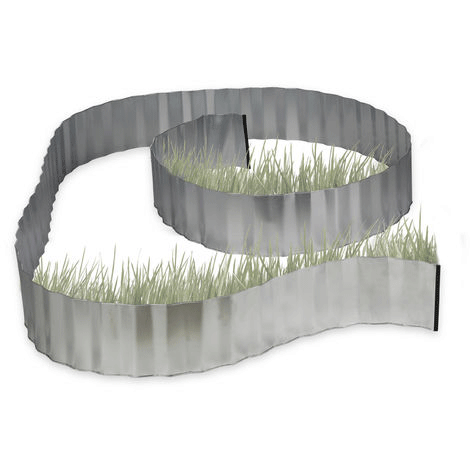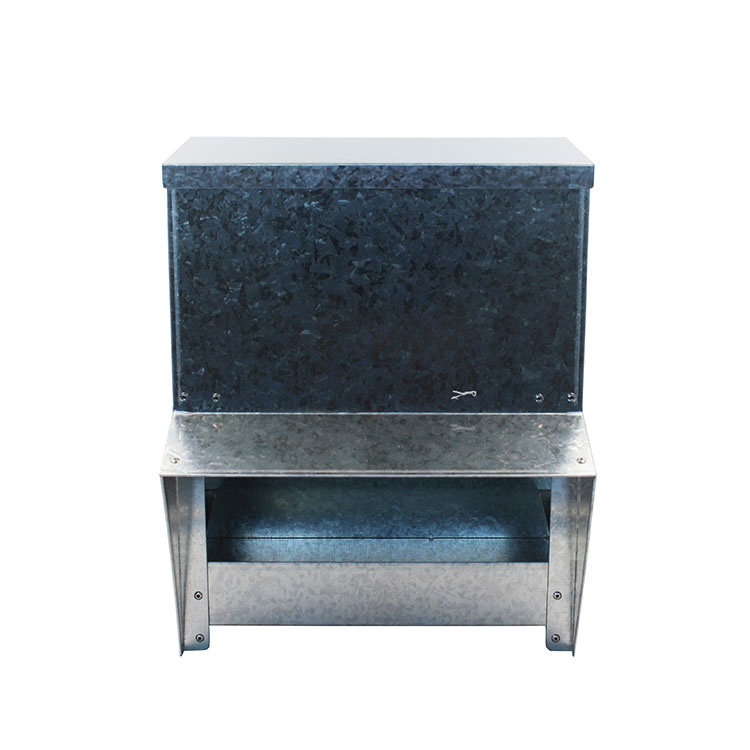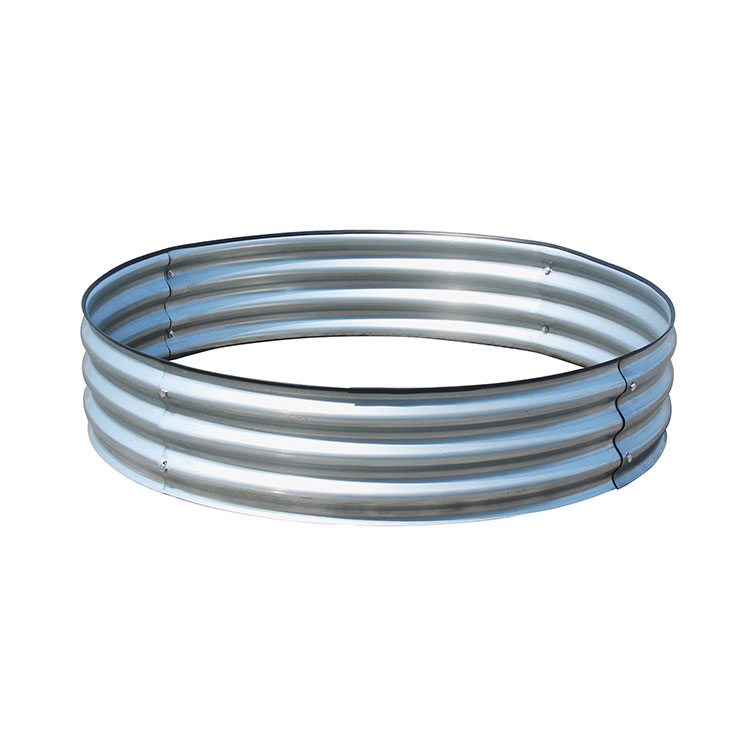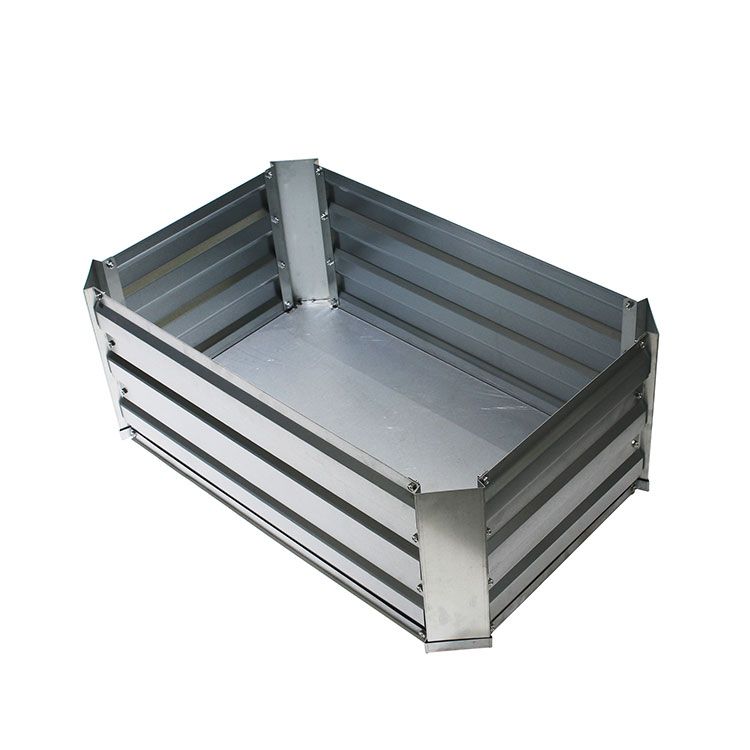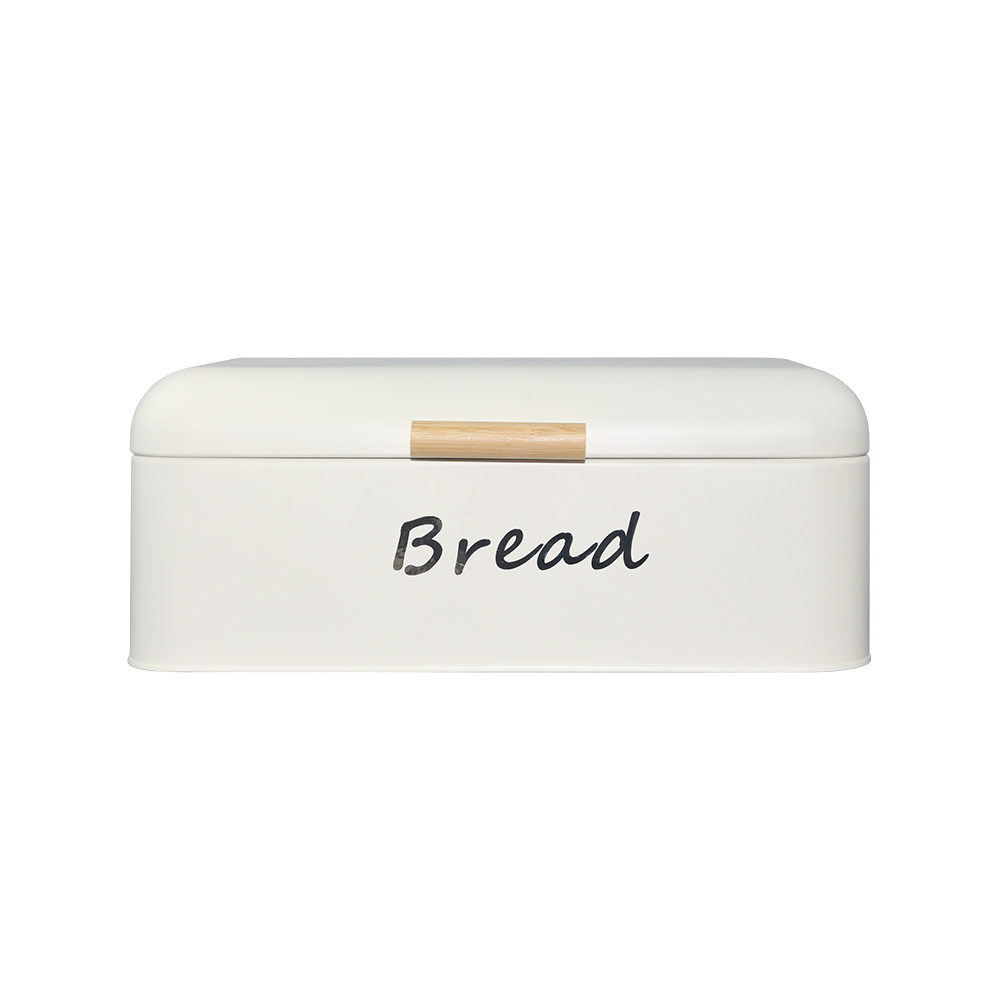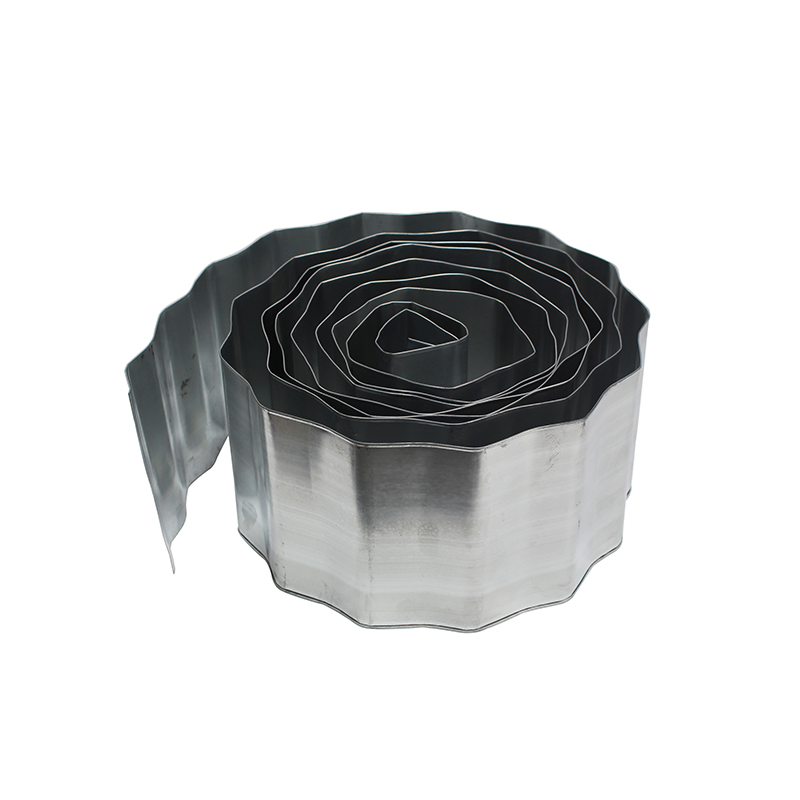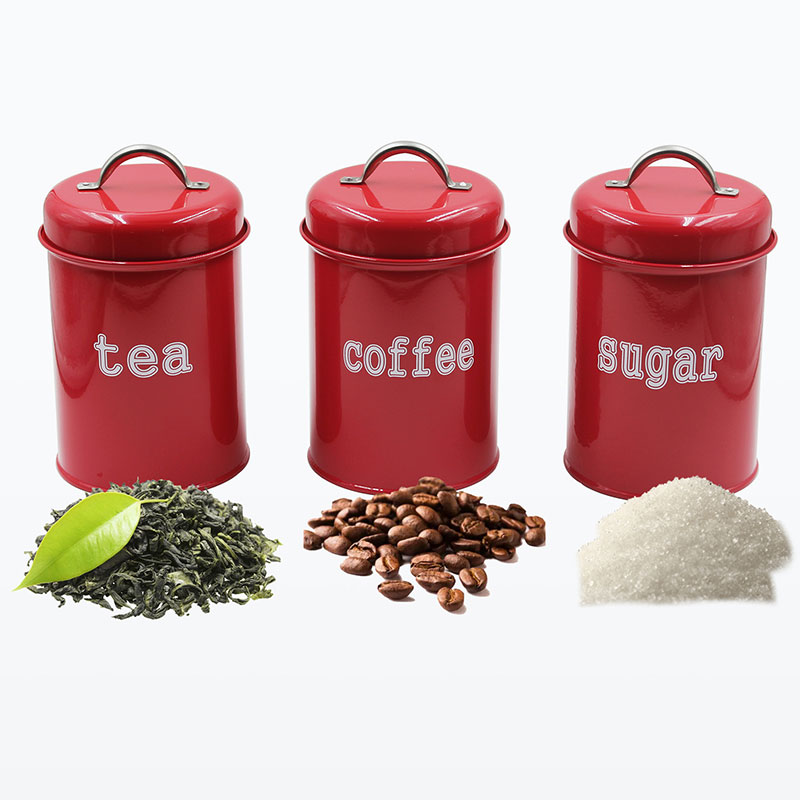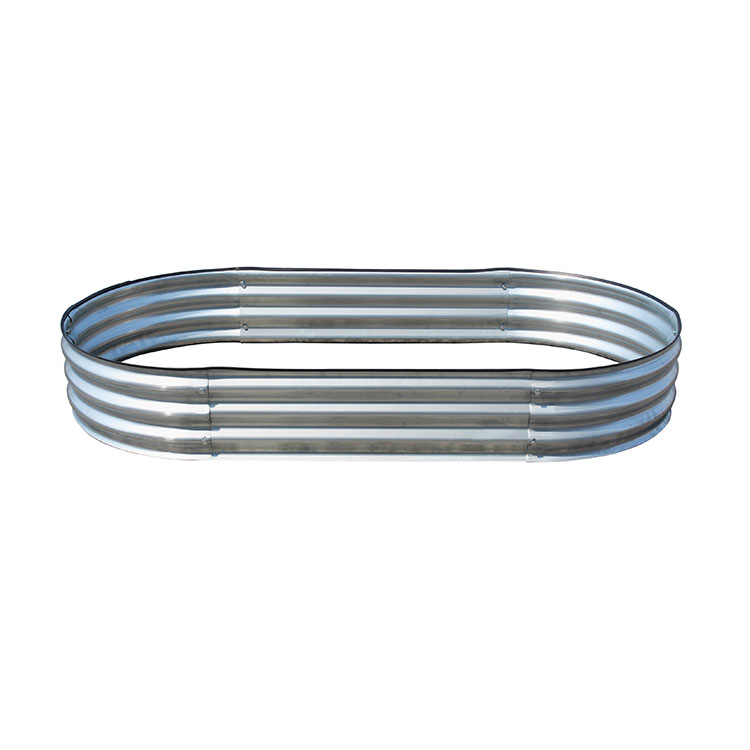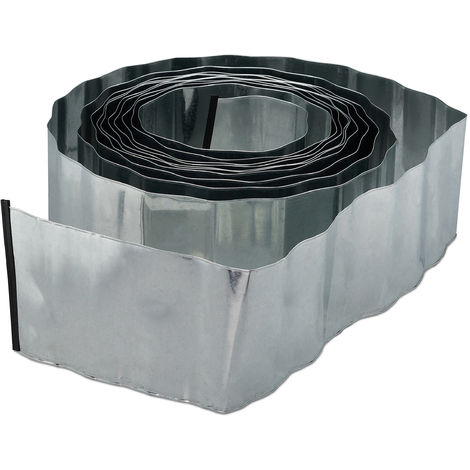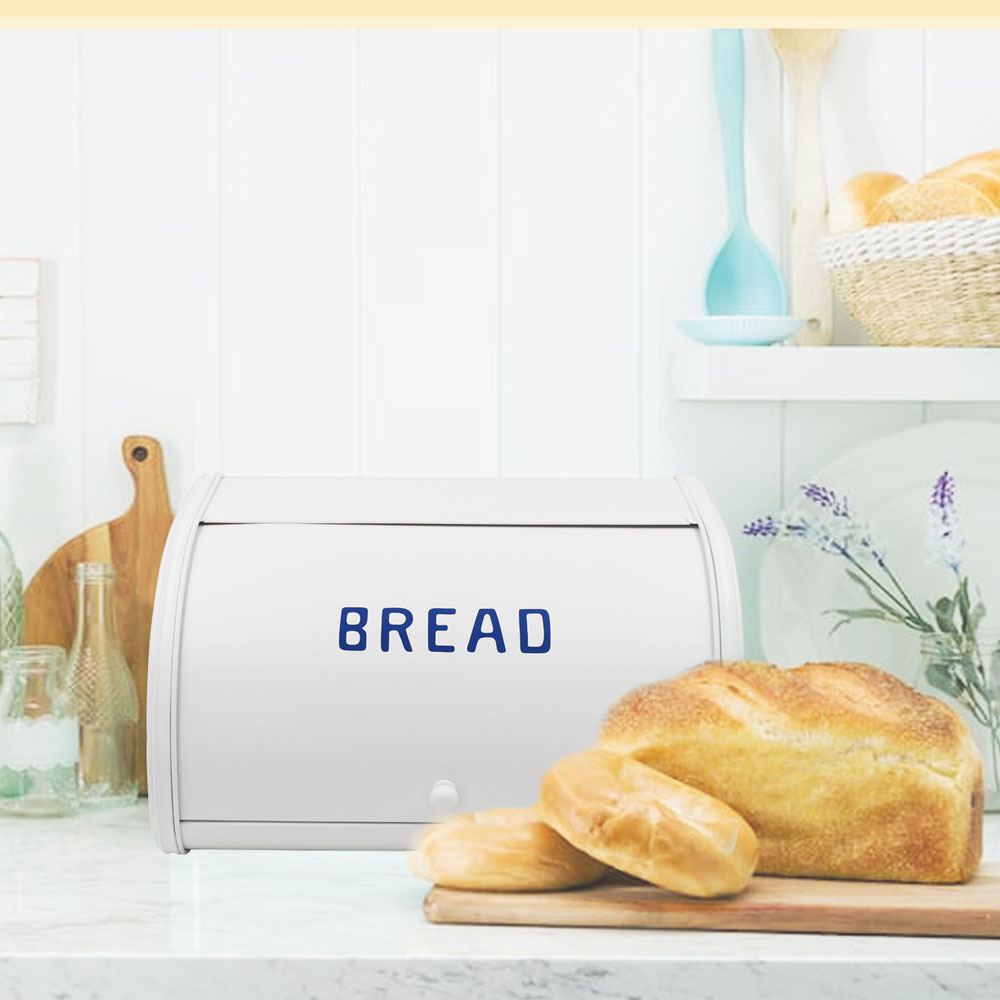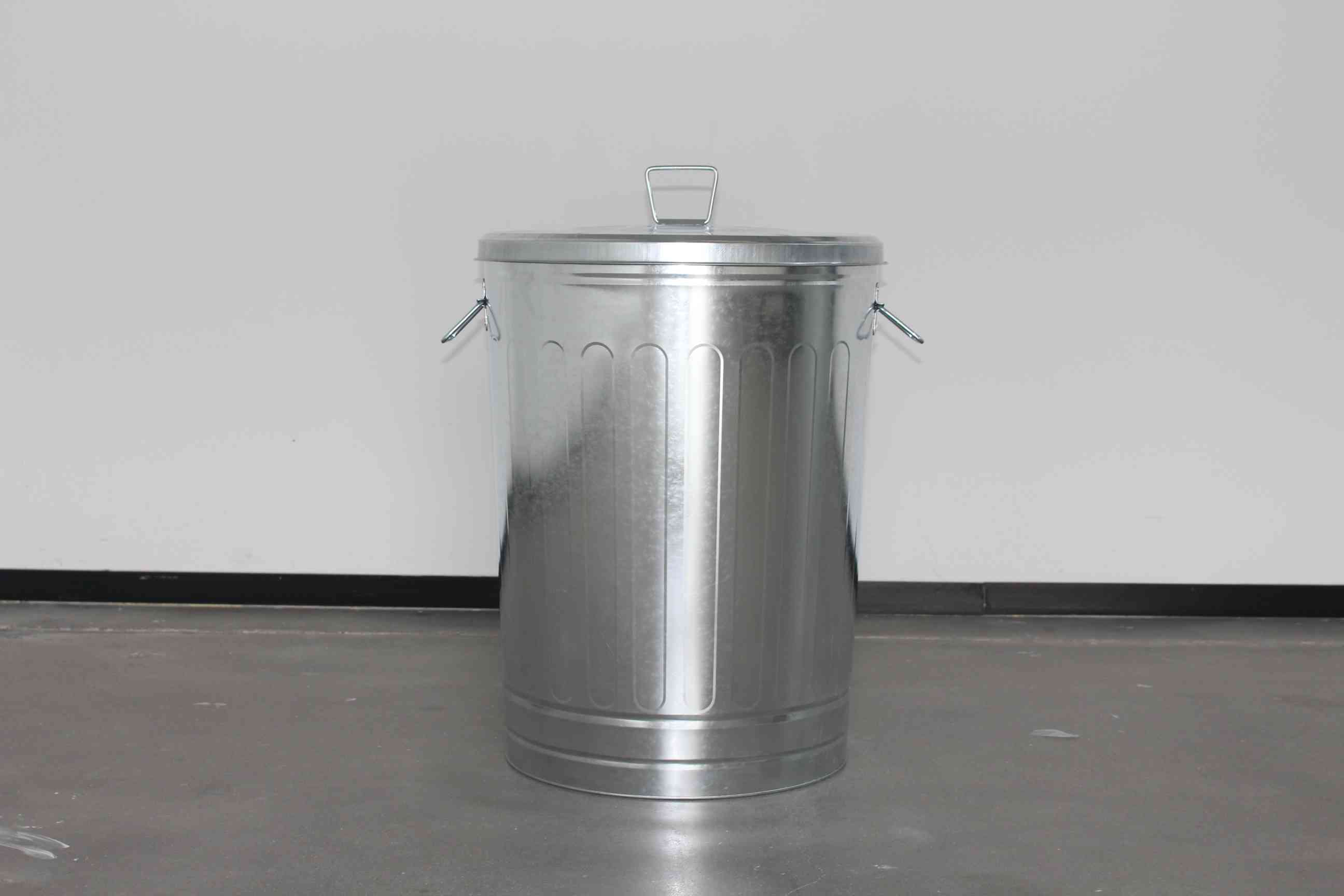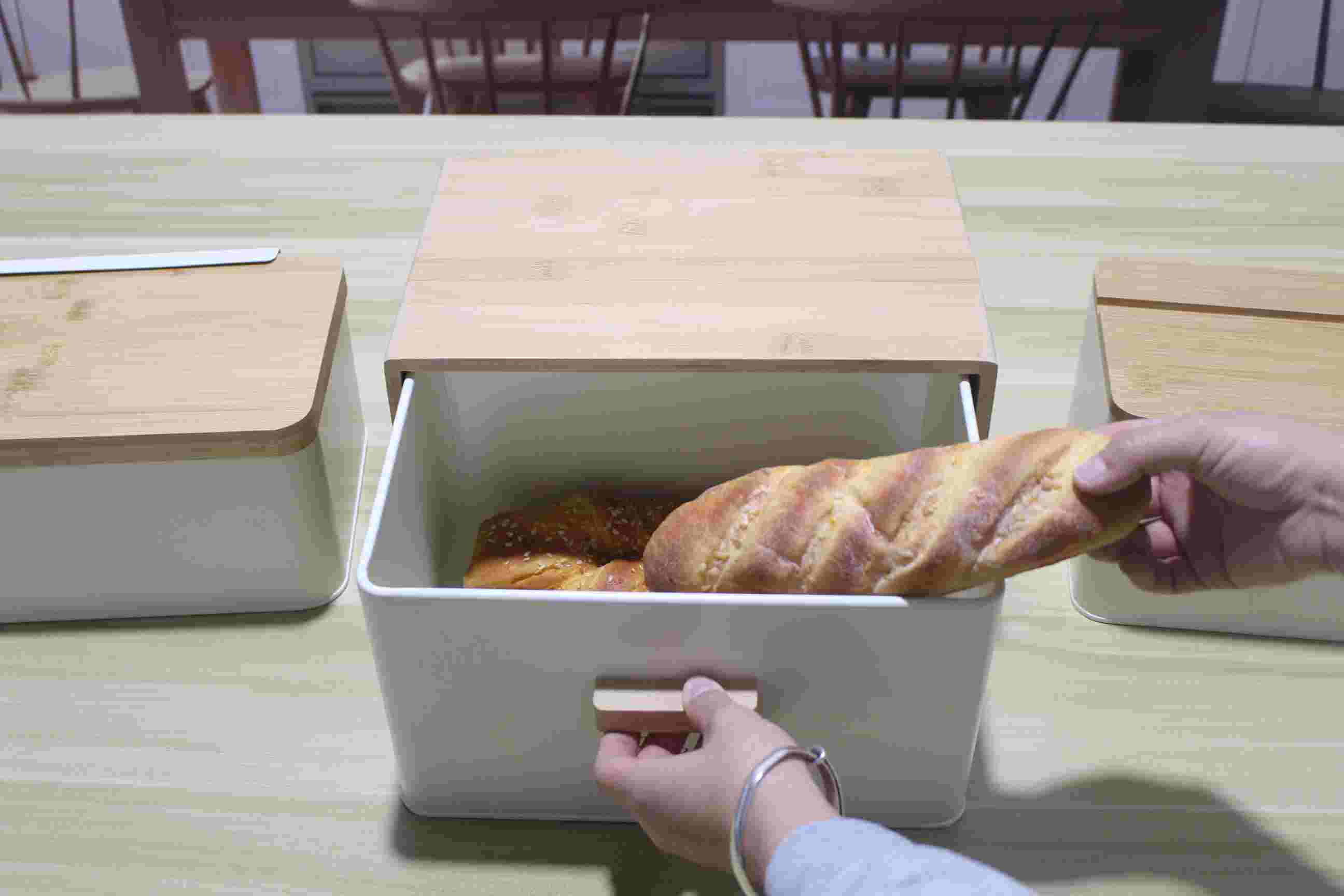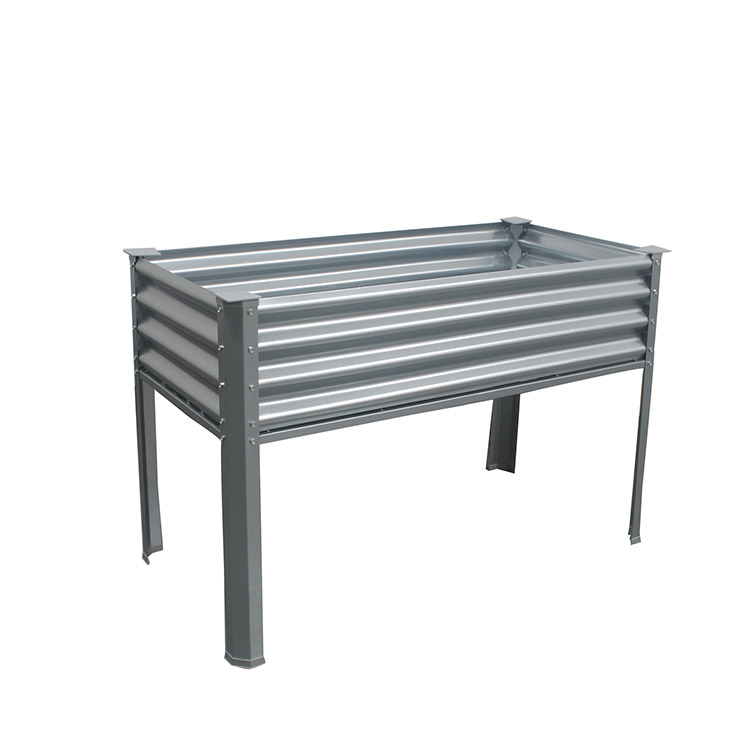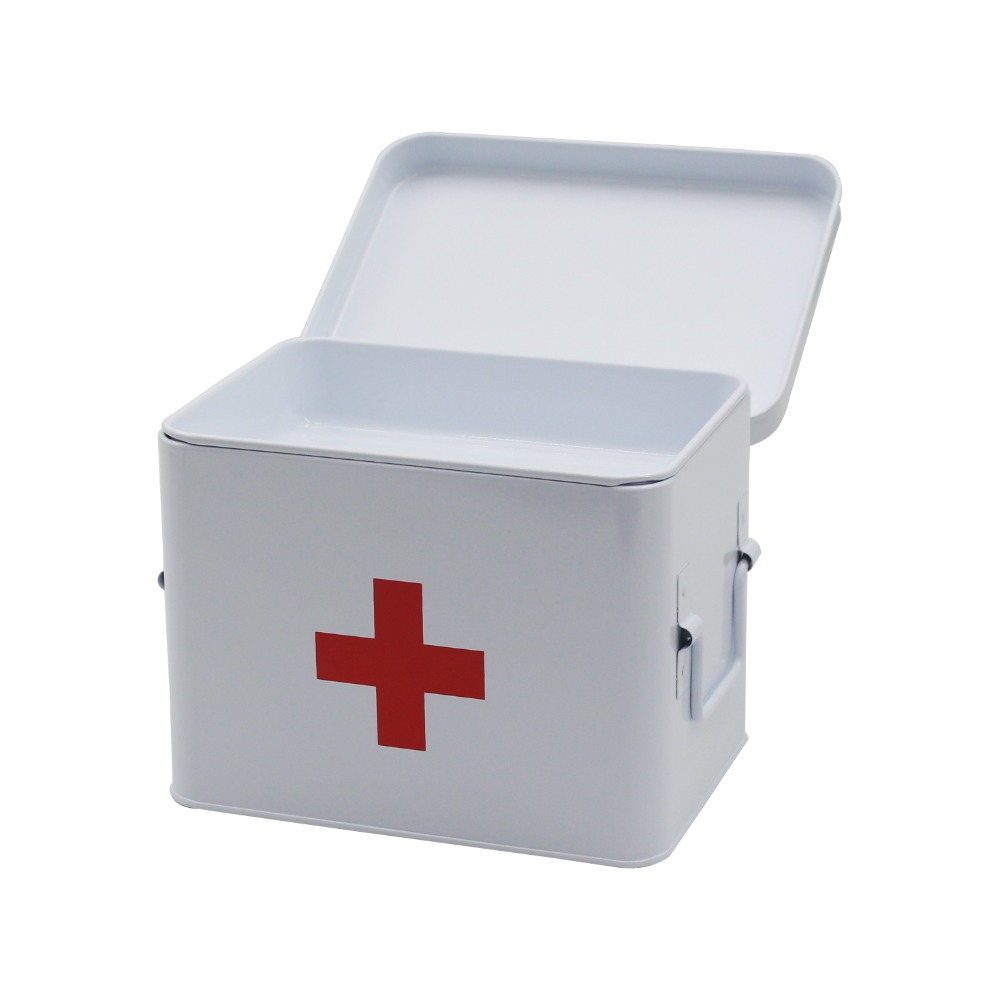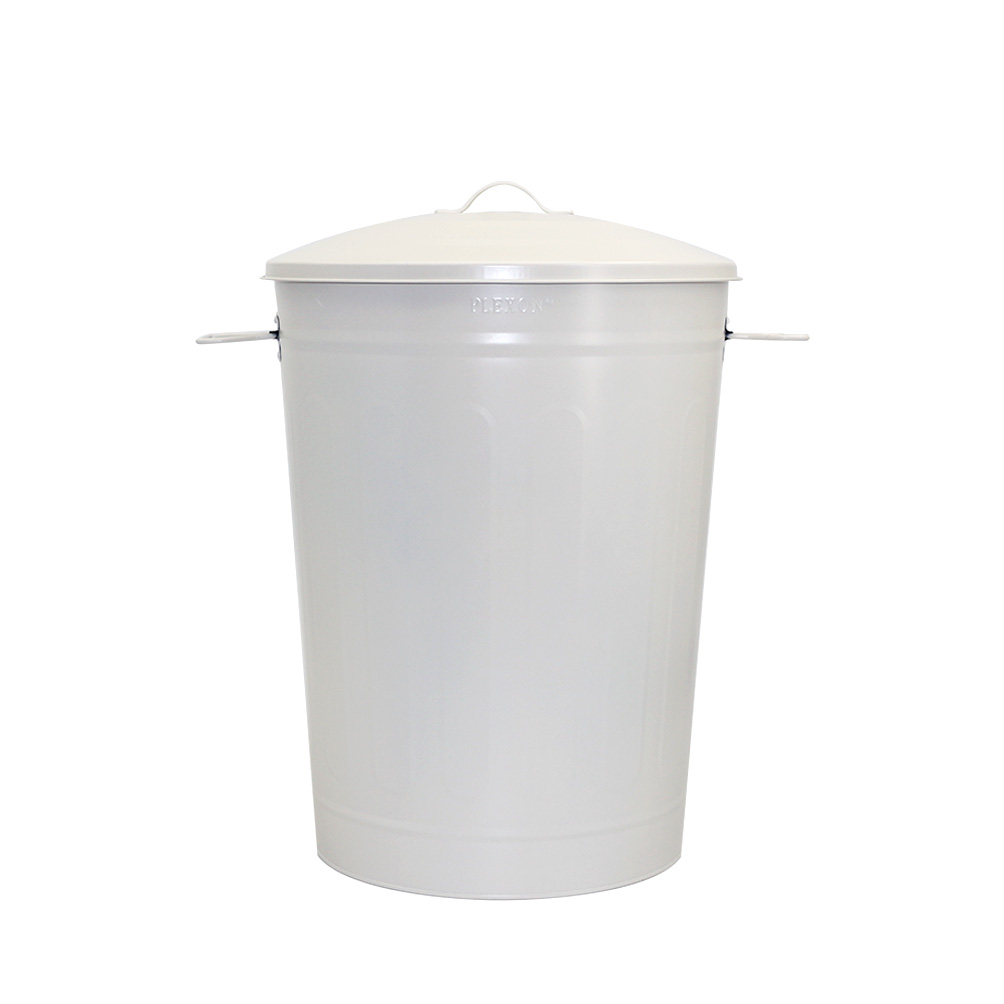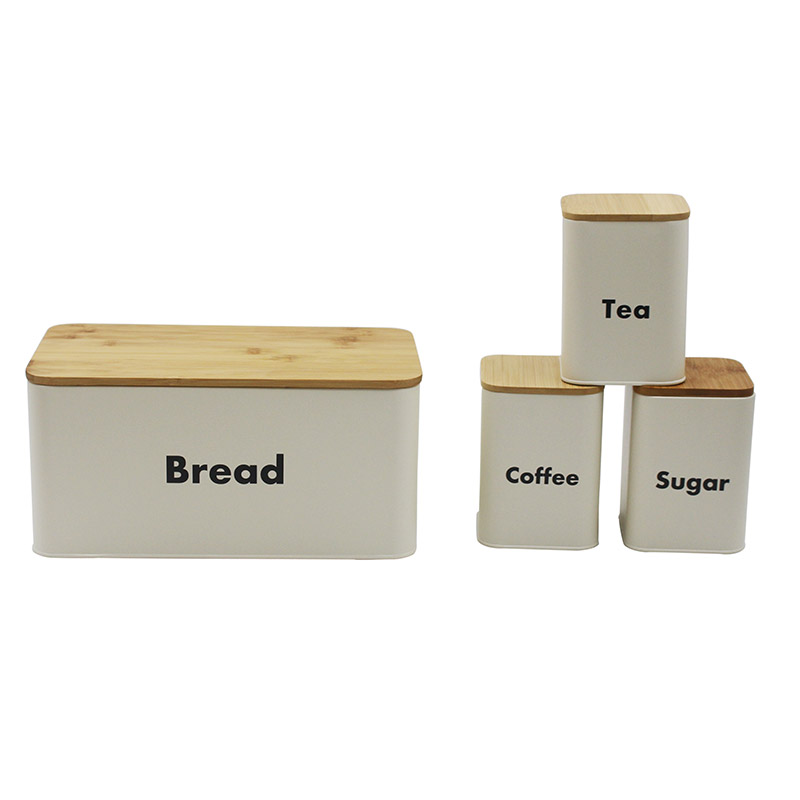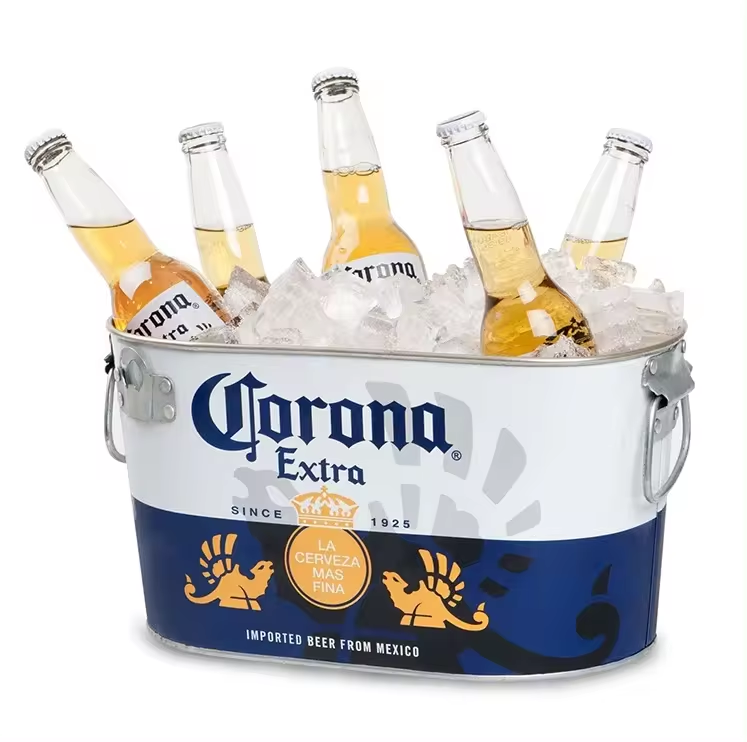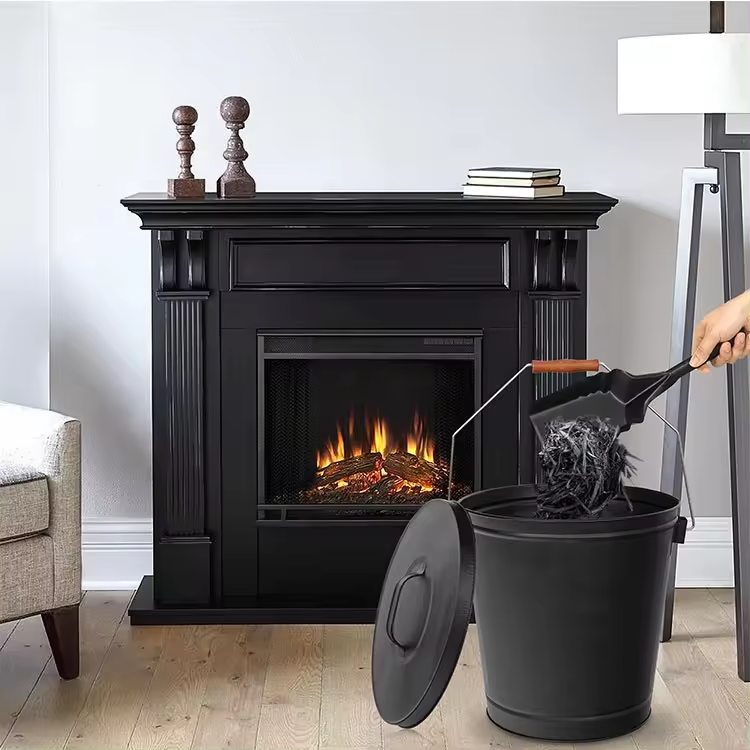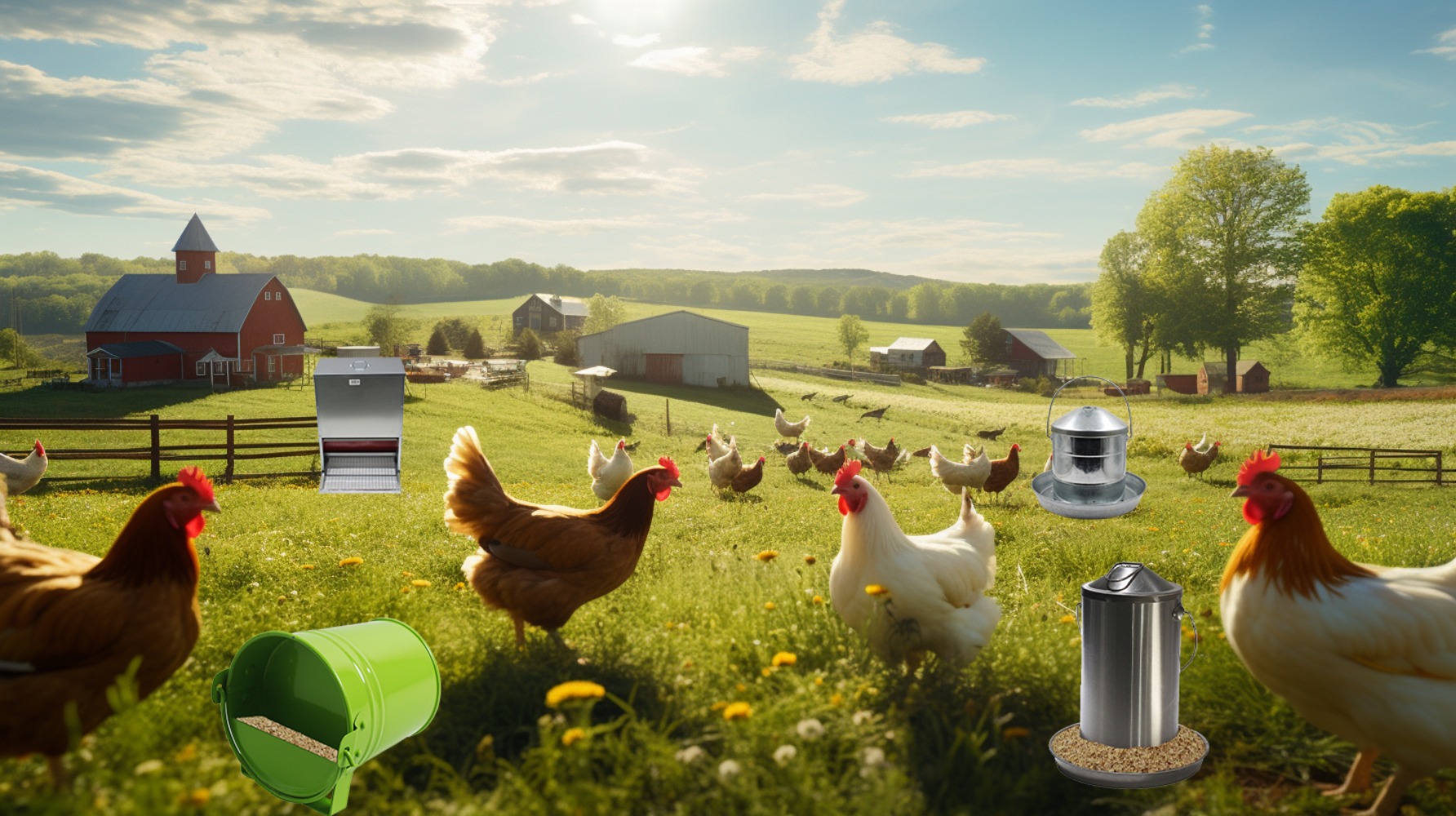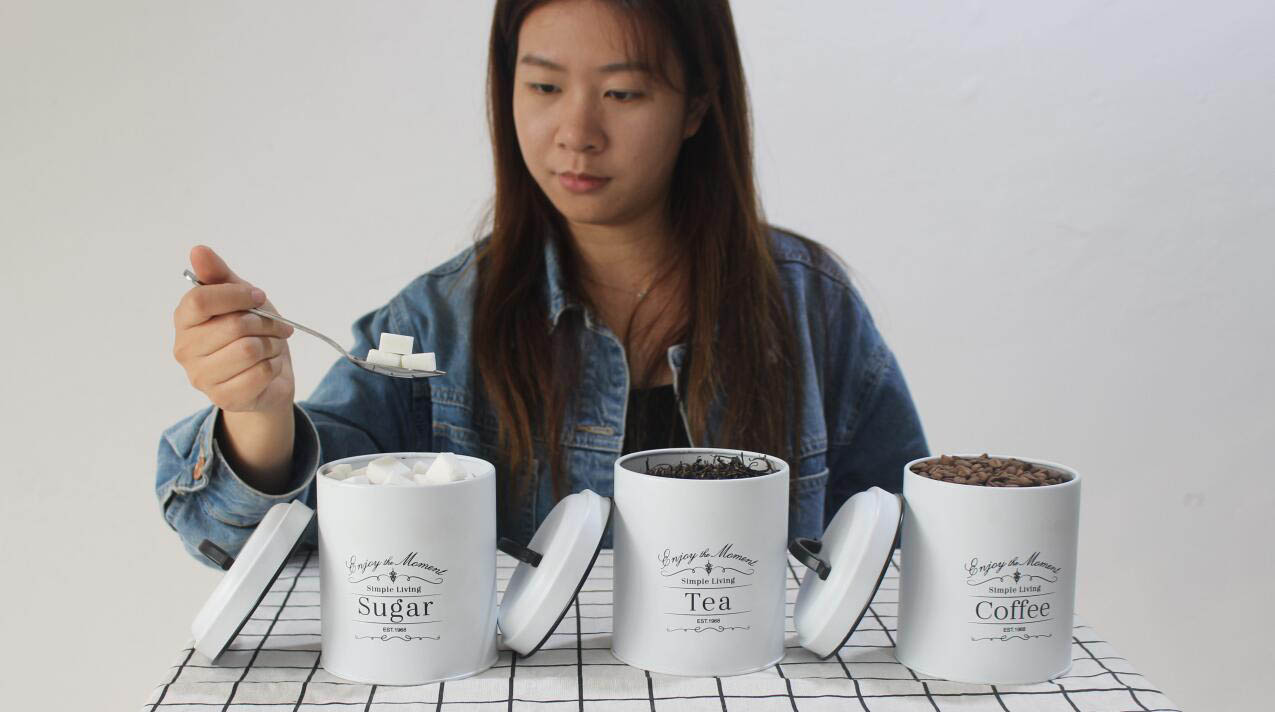How Much Water Do Hens Need Daily?
Date:2024-08-17
How Much Water Do Hens Need Daily?
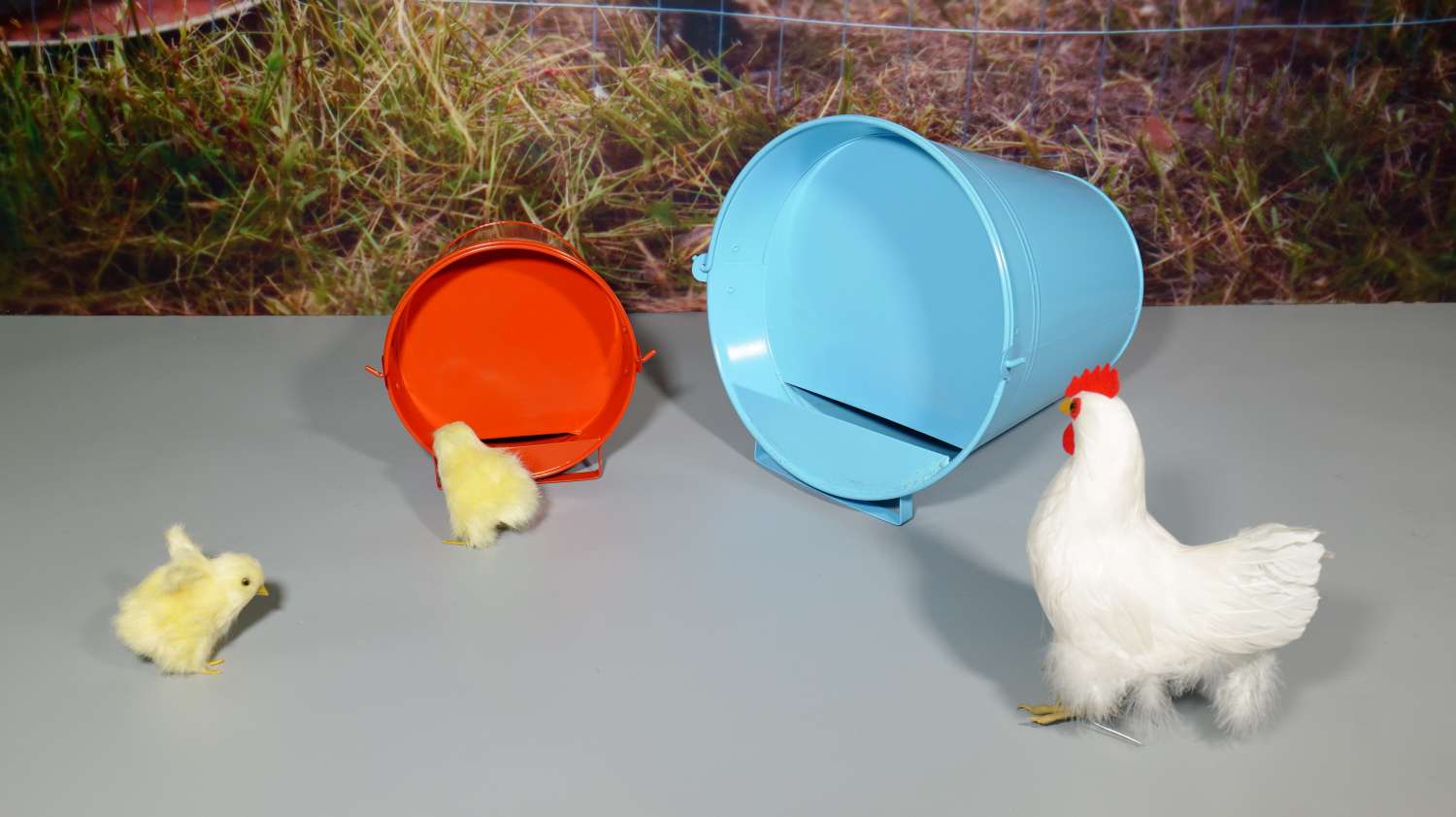
Introduction to Hen Hydration
Water is life's essence, a vital resource for all living creatures, including our feathered friends in the backyard. For hen keepers, understanding how much water hens need to drink every day is crucial for maintaining their health and productivity.
Understanding Basic Water Needs for Hens
Hens, like all poultry, require a constant supply of fresh water. The amount can vary based on several factors, but on average, an adult hen will drink about 0.5 liters of water per day. This baseline serves as a starting point, with adjustments made for specific conditions.
Factors Influencing Water Consumption
Several factors can influence a hen's daily water intake:
Climate and Temperature: In hot weather, hens may drink up to twice their usual amount to stay hydrated and cool.
Hen Size and Age: Larger breeds and older hens typically consume more water due to their size and metabolic demands.
Activity Level and Egg-Laying: Active hens and those laying eggs will have increased water needs to support their physical exertion and the biological processes of egg production.
Average Daily Water Intake for Hens
While the general guideline is 1 liter of water per hen per day, this should be considered a minimum. Monitor your hens' behavior and adjust the water supply accordingly, especially during hot weather or if you notice increased activity.
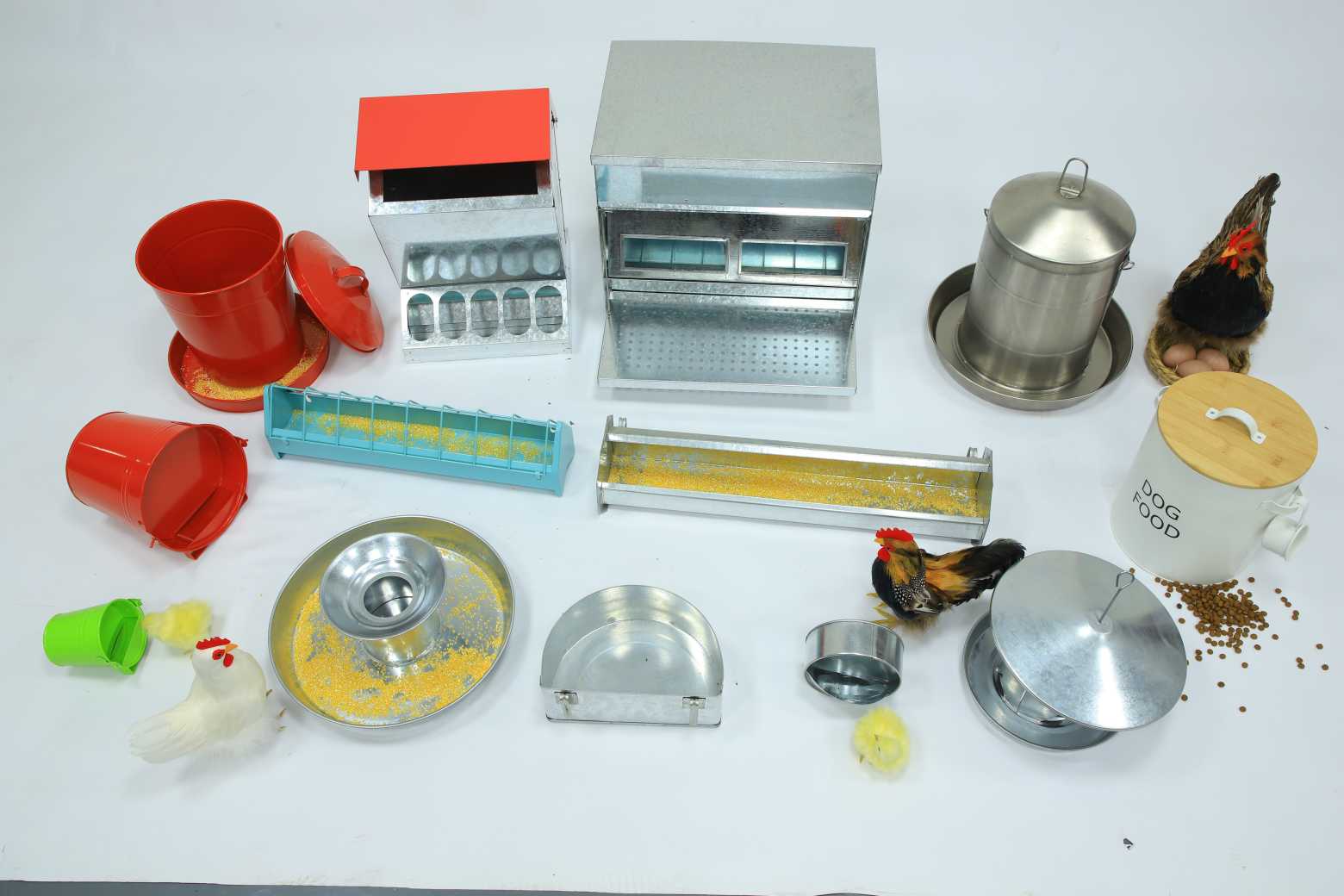
Providing Clean and Accessible Water
Providing clean water is just as important as providing enough water. Here are some tips:
Importance of Clean Water: Regularly changing the water and cleaning the drinkers can prevent bacterial growth and ensure the water is safe for consumption.
Types of Chicken Waterers: Bell drinkers, nipple drinkers, and automatic watering systems are all options to consider based on your flock's size and your personal preference.
Tips for Ensuring Adequate Water Supply
Regular Water Changes: Aim to change the water at least once a day and more frequently in hot weather.
Drinker Placement and Hygiene: Place drinkers in shaded areas to prevent the water from overheating and algae growth. Clean the drinkers regularly to maintain hygiene.
Signs of Insufficient or Excessive Water Intake
Dehydration Symptoms: Hens showing signs of dehydration may appear lethargic, have sunken eyes, or show a decrease in egg production.
Overhydration Risks: While less common, overhydration can occur and can lead to health issues such as water intoxication.
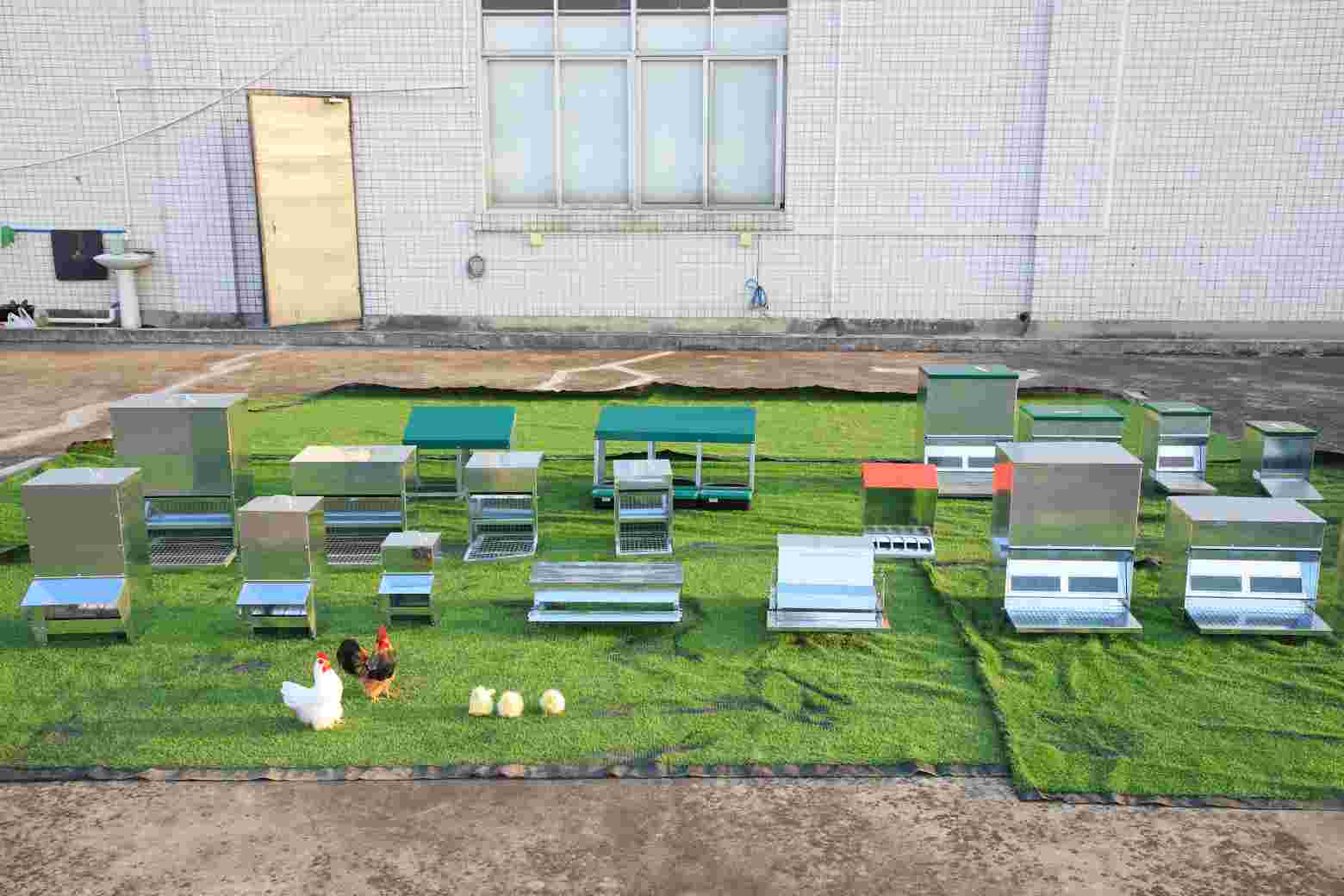
Choosing the Right Poultry Waterer
When selecting a poultry waterer, consider the following:
Material and Durability: Choose a waterer made from durable materials that can withstand regular use and cleaning.
Ease of Cleaning and Refilling: Opt for a design that is easy to clean and refill to save time and effort.
Hygienic Design and Capacity: A waterer with a hygienic design and sufficient capacity will serve your flock well.
Featured Product: Galvanized Iron 2L Chicken Drinker - Durable and Hygienic Poultry Waterer
Keep your poultry well-hydrated with our Galvanized Iron 2L Chicken Drinker. This durable and easy-to-clean feeder is designed with a generous 2-liter capacity, ensuring a continuous supply of fresh water for your chickens. The drinker features a size of φ24.5×φ15.2×H19 cm, providing ample space for multiple birds to drink simultaneously. Made from galvanized iron, it is built to withstand the elements and resist rust, ensuring a long-lasting and hygienic watering solution for your farm or backyard flock. Weighing only 0.8 KG, it is lightweight and easy to handle, making it an ideal choice for poultry owners.
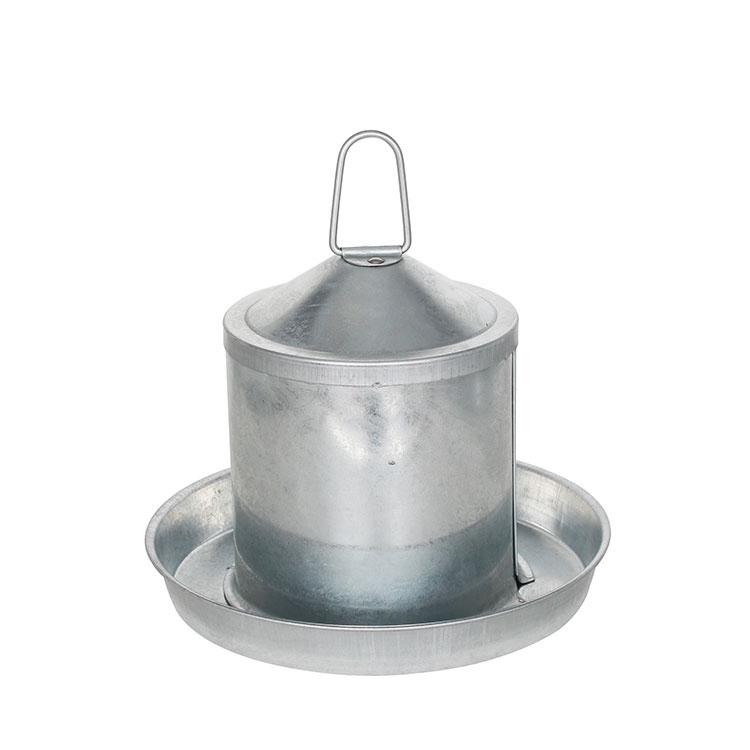
Specifications and Dimensions
"Dimensions: φ24.5 cm (Top Diameter) x φ15.2 cm (Bottom Diameter) x 19 cm (Height); Capacity: 2 Liters; Material: Galvanized Iron; Weight: 0.8 KG."
FEBE (Features, Edges, Benefits, Evidence)
Features:
2-liter capacity for ample water supply.
Galvanized iron construction for durability.
Size of φ24.5×φ15.2×H19 cm for multi-bird use.
Edges:
Rust-resistant material for long-term outdoor use.
Easy-to-clean design for maintaining hygiene.
Lightweight for portability and ease of use.
Benefits:
Continuous water supply for poultry.
Durable and hygienic watering solution.
Suitable for various weather conditions.
Evidence:
Positive customer feedback on the product's durability and ease of cleaning.
Testimonials from satisfied poultry farmers.
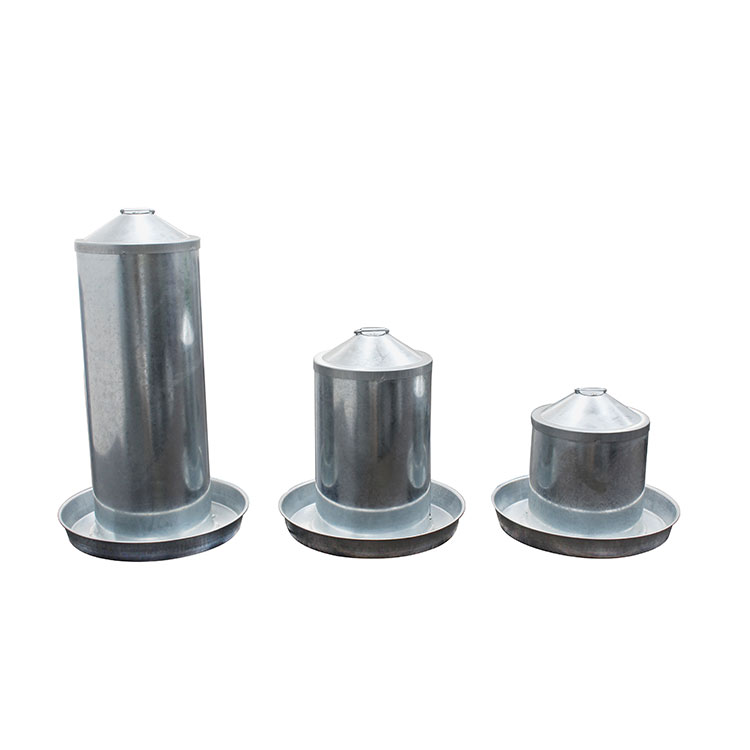
Conclusion: Prioritizing Water for Healthy Hens
In conclusion, prioritizing water for your hens is an essential aspect of hen keeping. By understanding their daily water needs and providing a clean and accessible water source, you contribute to the health and well-being of your flock.

